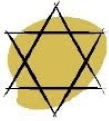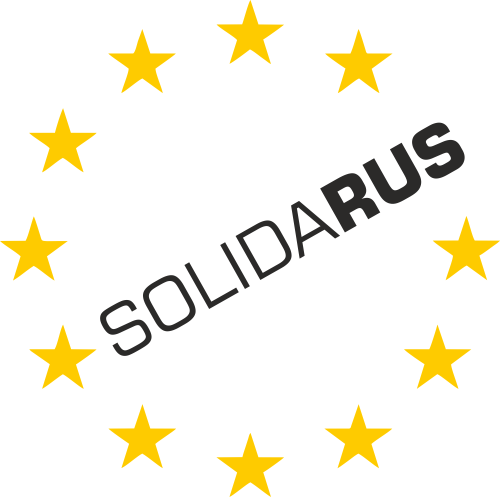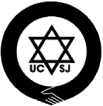The Kremlin’s Political Prisoners: The Case of Olexander Shumkov
Olexander Shumkov, a Ukrainian citizen from the city of Kherson who was serving in the Ukrainian armed forces at the time of his kidnapping, was kidnapped at the border between Ukraine and Russia in August 2017. After that he was relocated to Russia and charged with committing a crime under Article 282.2, Section 2 of the Russian Criminal Code (taking part in activities of an extremist organization) on the grounds that, allegedly, he is a member of Right Sector, an organization banned in Russia. On December 4, 2018 Olexander Shumkov was convicted to 4 years of prison by a judge Victor Ruhmakov of Sevsky regional court in Branskaya oblast.
The Memorial Human Rights Center considers Olexander Shumkov to be a political prisoner and demands his immediate release.
According to Shumkov’s defense, Olexander, as an investigator of the Ukrainian military prosecutor’s office, went to a meeting with an informant who was supposed to provide him with information about suppliers of narcotic substances from the territory of the self-proclaimed DPR / LPR to Odessa and Dnipropetrovsk Oblast of Ukraine. Not far from the Russian-Ukrainian border, at the meeting place with the informant, the car in which Shumkov was traveling was allegedly attacked, he was immobilized by a stun gun and, unconscious, was taken to the territory of the Russian Federation.
It is known that Shumkov participated in the events on the EuroMaidan, and in 2014 he worked as a security guard for the leader of the Right Sector Dmitry Yarosh, after which he went to serve in the Armed Forces, and, according to relatives, was not a member of this organization at the time of his arrest.
The accusation boils down to the fact that “Shumkov O.S., knowing that the activities of the Right Sector organization are aimed, among other things, at forcibly changing the foundations of the constitutional system and violating the integrity of the Russian Federation, undermining state security, as well as propaganda, justification and carrying out extremist activities on the territory of the Russian Federation and the Republic of Ukraine, and one of the stated goals of the “Right Sector” is the implementation of armed opposition to “Russian aggression in the Crimea”, sharing the main the ideas and principles of the Ukrainian organization “Right Sector”, didn’t voluntarily leave the organization, and continued to actively participate in the activities of the Right Sector organization including military activities in the anti-terrorist operation zone in near Donetsk and Luhansk until August 23, 2017.
Grounds for recognition as a political prisoner
The activities of the “Right Sector” are prohibited by the Supreme Court of the Russian Federation on the territory of the Russian Federation, while Olexander Shumkov, according to the prosecution, took part in it only on the territory of Ukraine being its citizen. The assertion that the activities of the Right Sector in Ukraine is aimed at “forcibly changing the foundations of the constitutional system and violating the integrity of the Russian Federation, undermining the security of the state” seems far-fetched to us, as well as the unsubstantiated assertion that Shumkov acted against the interests of Russia.
The validity of the Right Sector ban is also in doubt. The arguments regarding this organization in the relevant decision of the Supreme Court of the Russian Federation of November 17, 2014 do not stand up to criticism, and the decision is based on unverified facts.
The political motive for the persecution of Olexander Shumkov is obvious. The case reflects the essence of the Russian-Ukrainian armed conflict. Russia, on the one hand, officially “refuses” to participate in the conflict, on the other hand, it obviously takes an anti-Ukrainian position, which is expressed both in propaganda and in unofficial military assistance to the self-proclaimed DPR and LPR, and in the political persecution of people who support Ukraine morally and Ukrainian citizens (Savchenko, Karpyuk, Klykh, and others), and in the ban of a number of Ukrainian nationalist organizations after about six months after the outbreak of war.
Finally, the political motive for the persecution of Shumkov is indicated by the strange circumstances of his appearance on the territory of Russia, which, with a great deal of confidence, allow us to talk about his abduction.
The Memorial Human Rights Center considers Olexander Shumkov to be a political prisoner and demands his immediate release.













